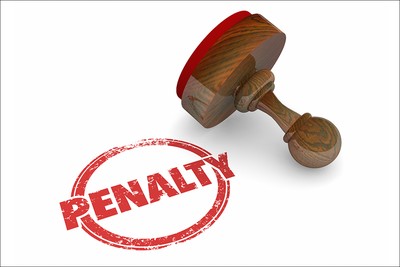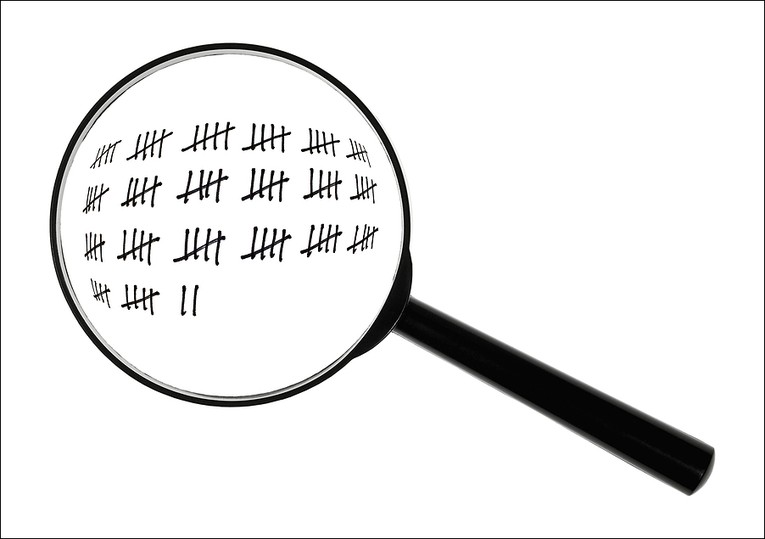 BV Gaming Ltd, which operates the BetVictor sportsbook and casino plus brands like Heart Bingo, has been fined a whopping £2 million after the UK Gambling Commission unearthed a catalogue of breaches.
BV Gaming Ltd, which operates the BetVictor sportsbook and casino plus brands like Heart Bingo, has been fined a whopping £2 million after the UK Gambling Commission unearthed a catalogue of breaches.
The group failed to meet the licensing standard in a number of areas, including fairness to players, social responsibility and anti-money laundering practices.
The fine has been agreed as an acceptable settlement with the Commission, and the money will be paid to the National Strategy to Reduce Gambling Harms.
The director of enforcement at the regulator, Leanne Oxley, said:
“As a gambling regulator, our focus is on ensuring that gambling in Britain is fair, safe and crime-free, and BetVictor failed consumers by breaching rules aimed at achieving these objectives.
“Non-compliance – no matter what the reason – will never be a viable business option for gambling businesses. We will always be tough on operators who fail in this way.”
Pulling the Trigger
All told, the Gambling Commission’s investigation revealed seven significant failings of licensing conditions on the part of BV Gaming – hence why their fine was so substantial.
They routinely failed customers by not having adequate processes in place to target vulnerable players, and too often those who could have been engaging in money laundering were able to deposit funds and play with minimal intervention.
BV Gaming Limited, trading as BetVictor, will pay a total of £2m after a Gambling Commission investigation revealed fairness, social responsibility, and money laundering failures. Read more: https://t.co/bIsJKnK8dd pic.twitter.com/EjNEUIOj1Z
— Gambling Commission (@GamRegGB) February 24, 2022
The Commission reported ‘no evidence’ of effective due diligence in reviewing suspect accounts, and because their triggering system was inadequate some players were able to spend considerable sums without any source of funds tests being undertaken.
Their investigation also found that BV Gaming did not do enough to substantiate the details of their high-staking customers, failing to determine their occupation and earnings.
The group also breached the Consumer Rights Act in respect of one of their promotions, failing to clarify whether or not the bonus could be cancelled or amended at any time – key wording to ensure a promo is legitimate and communicated appropriately.
And the Commission holds the view that BetVictor have not communicated effectively what happens to funds held in dormant accounts – they should, as per their licensing agreement, look to refund the balance to the customer using their last used payment method when an account is inactive for 12 months.
A Fine Mess or Accounted For?

There was an interesting exchange on Twitter between one site user and Andrew Rhodes, the Commission’s chief executive. Nick Phillips asked Rhodes how many ‘strikes’ a gambling firm is allowed to accrue before their licence is revoked – speculating that some firms actually factor the likelihood of fines into their annual accounts.
In reply, Rhodes wrote:
“There have been several licence revocations and surrenders in recent times. I also made the same point about fines/settlements being seen as a tax.
“We don’t see issues with all operators, but fines have been escalating for those we do see issues with, as well as licence loss.”
There have been several licence revocations and surrenders in recent times. I also made the same point about fines/settlements being seen as a tax. We don’t see issues with all operators, but fines have been escalating for those we do see issues with, as well as licence loss.
— Andrew Rhodes (@andrewjonrhodes) February 24, 2022
Is the Commission finally going to clamp down on firms that see regulatory fines as a unavoidable cost to their business, and thus budget accordingly?
